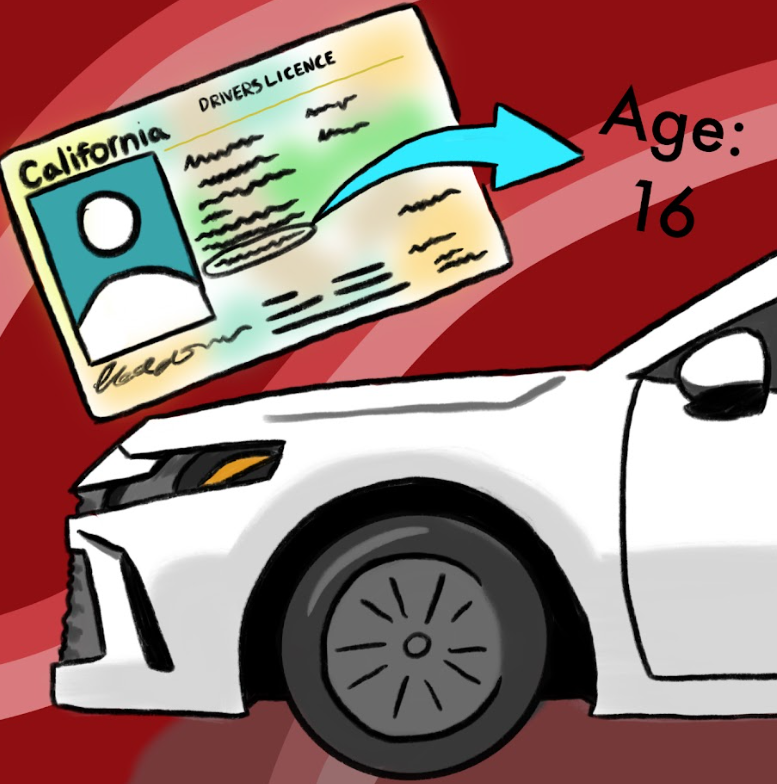You’re cruising in the car when you look to your side and see an extremely young driver just cruising alongside you. At sixteen, many have begun their journey to obtain their driver’s license. However, most students of that age still say “67”, act relatively immature, and barely qualify to seek employment. Teen drivers are also at a much higher risk of getting into an accident, as according to the CDC, “Teen drivers in this age group have a fatal crash rate almost three times as high as drivers ages twenty and older per mile driven,” because adolescents are not yet fully mature. Teens are also known to be rebellious during the raging effects of puberty. If the roads are so dangerous, should we entrust adolescents to take on today’s roads?
Our precautions in the United States make the road much safer than in the past. Vehicle regulations set by the National Highway Traffic Safety Administration (NHTSA) ensure that “vehicles meet specific safety requirements, including airbags, seat belts, and crash-test ratings,” and laws that promote orderly transportation and prevent reckless driving steer bad drivers off the roads, potentially making the road safer to traverse regardless of age, unless you’re still immature. Immature student drivers may be tempted to ignore these laws and drive recklessly, effectively reversing the efforts regulations have attempted to put in place. A standard solution is parental supervision. Early on in a student driver’s journey, a parent or guardian twenty-five (the age at which the brain is fully developed) or older accompanies the student while they drive. This ensures that the reckless tendencies of the yet fully developed adolescent can be monitored and overseen. Fellow QHHS student Ady Barrios De Leon, who is currently in the process aforementioned, agrees, “I believe that sixteen is a good age to drive as long as you’re with an adult, because sixteen is the age where we are reckless. They don’t know the risks of speeding, texting while driving, etc. I do believe it’s a good age to begin, as college is soon, and you need to become independent. It’s a modern life skill.” Because driving has become a core part of our everyday life in ways such as, according to Alex Rozan, writer for The Wheel, a car-centered blog, ” personal transportation to commercial logistics, vehicles have revolutionized mobility and transformed various industries,” sixteen is the perfect age to begin your driving career, but only under supervision.
In the end, driving is not that difficult. Fellow Licensed QHHS student Dajuan Myricks claims, “If I can drive well at sixteen, anyone can. Driving is relatively easy; what makes people bad at driving is their fear towards driving.” With the current precautions placed by the NHTSA and proper surveillance by a trusted adult, all you have to do is follow the laws, stay calm, and drive. Practice is progress, as they say.








